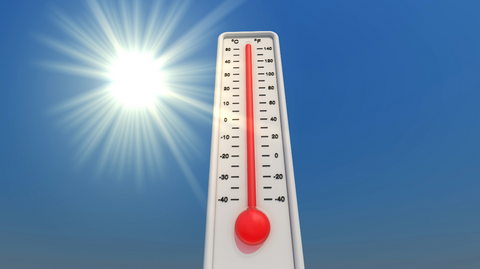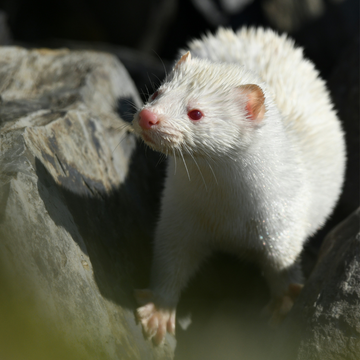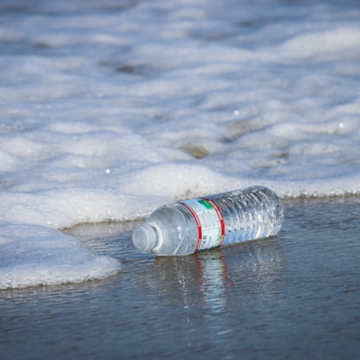In the grand tapestry of human history, the 21st century stands at a critical juncture. We find ourselves entangled in the dire consequences of climate change, a phenomenon that transcends borders and affects every living being on our planet. Global warming, fueled by human activities, has become an ominous specter, casting a long shadow on the prospects of future generations. In this blog, we delve into the unfolding climate crisis, examining its impact on the world our children and grandchildren will inherit.
The Unfolding Catastrophe

Rising Temperatures
The Earth's temperature is on the rise, and the consequences are profound. Glaciers are melting, sea levels are ascending, and extreme weather events are becoming more frequent and severe. The delicate balance of ecosystems is disrupted, jeopardizing the survival of countless species.
Melting Ice Caps
The iconic polar ice caps are not immune to the warming trend. The Arctic and Antarctic are witnessing unprecedented ice melt, contributing to the rise in sea levels. This threatens coastal communities and low-lying areas, putting millions at risk of displacement.
Ocean Acidification
As carbon dioxide levels increase, the oceans absorb a significant portion of it, leading to ocean acidification. This has disastrous consequences for marine life, particularly coral reefs and shellfish, which struggle to survive in increasingly acidic waters.
Biodiversity Loss
The interconnected web of life on Earth is unravelling. Habitats are disappearing, and species are going extinct at an alarming rate. This loss of biodiversity not only diminishes the beauty of our planet but also weakens ecosystems and reduces their resilience to environmental changes.

Impacts on Agriculture
Climate change poses a direct threat to our food systems. Changing temperatures, erratic rainfall, and extreme weather events disrupt crop yields and livestock, leading to food shortages and increased prices. Vulnerable communities face the brunt of this, exacerbating global inequality.
Human Health Risks
Rising temperatures bring forth a myriad of health risks. The spread of infectious diseases, heat-related illnesses, and compromised air quality are on the rise. Vulnerable populations, including the elderly and those in poverty, are disproportionately affected, creating a looming public health crisis.
Social and Economic Disparities
Climate change is not just an environmental issue; it is deeply intertwined with social and economic disparities. Marginalized communities often bear the heaviest burdens, lacking the resources to adapt and recover from climate-related impacts. The gap between the privileged and the marginalized widens as the climate crisis intensifies.

Conclusion
As we peer into the future, the gravity of the climate crisis becomes apparent. Future generations will inherit a planet scarred by our actions or lack thereof. The time for action is now. We must collectively strive for sustainable practices, demand policy changes, and embrace the responsibility we have to safeguard the environment. The unfolding narrative of the climate crisis can still be rewritten, and it is our duty to ensure that the story we leave behind is one of resilience, adaptation, and a commitment to a healthier planet for the generations yet to come.
Frequently Asked Questions (FAQ)
Are humans really responsible for global warming?
Yes, the overwhelming consensus among climate scientists is that human activities, particularly the burning of fossil fuels and deforestation, are the primary drivers of the observed global warming.
How does climate change affect me personally?
Climate change has wide-ranging impacts, from more frequent and severe weather events to disruptions in food and water supplies. Everyone, regardless of location, is vulnerable to these changes.
Can we still reverse the effects of global warming?
While some impacts are irreversible, immediate and concerted efforts to reduce greenhouse gas emissions can mitigate further damage and help build resilience in the face of climate change.
What can individuals do to make a difference?
Individuals can contribute by adopting sustainable practices, reducing carbon footprints, supporting renewable energy initiatives, and advocating for climate-friendly policies.







